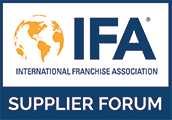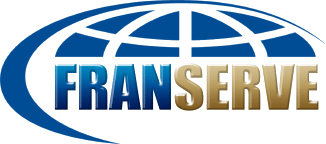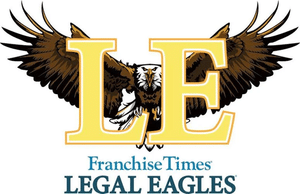What Is FDD Item 19: Financial Performance Representation (FPR)?
This section contains financial performance representations of your franchisees and corporate outlets. You’re not required to have an Item 19 disclosure, and there are some opinions out there that you shouldn’t. We, however, rarely recommend not having Item 19 disclosures. Remember, you can’t talk about financial performance, average unit sales, profitability, etc., if it’s not disclosed in the FDD. If you want to talk numbers, then you need to tell us those numbers so we can get them into your FDD in an acceptable format. The problem of not putting any numbers in your Item 19 is the burden in the future is on you to show you never gave the prospect any numbers in the sales process. Proving a negative is hard to do. But, if you have Item 19 disclosures, the burden is on them to prove you gave them something contradictory to what you can prove you disclosed to them in Item 19.
Why is FDD Item 19 Important?
In the past, the majority of franchisors did not include Item 19 information, and the common opinion was it was riskier to disclose numbers in case franchisees underperformed them. However, as noted above, in our professional experience, the opposite is true. In the non-franchise/non-FDD world, it inevitably turns to financial performance whenever you’re discussing a business opportunity, either casually or formally. Everyone wants to know “how much money can I make,” and it is our very strong recommendation that you should have an Item 19 disclosure to build transparency and to help guide the prospect into finding their own answer to that question. If you feel you have a reason that you should not have Item 19 information, we encourage you to discuss it with us.
What Information Must Be Included in Item 19?
As you think about what numbers to include in your financial performance representation, don’t get into the weeds, but just tell us the best way to tell the financial story of a unit – whether it’s average unit volume, profit margins, etc. Explain to us as if there was no FDD or franchise rule, and you were talking to your brother and telling them, “Listen, this is a great business… and here are some numbers.” Put that on paper, and we’ll take it and turn it into an allowable disclosure. Don’t start with the regulatory rules. Start with the story you want to tell and then let us fit it into the regulation. This helps tell the cleanest story of what is possible if someone does well in operating the franchise. That is the goal, to give them a range and a target, not to cross every “t” and dot every “i” on their projections.
Many feel that Item 19 is the most important piece for the prospect to read in the FDD. However, although we think it is important, we also think franchisors put too much weight on it. When we talk to a franchisee, we explain that every franchisor has people financially at the top, bottom, and middle, with the single biggest difference being the franchisee. A franchisee is not buying an apartment building, mutual fund, or an investment with a predictable rate of return. They are starting a business using your brand, methodology, and experience. The FDD simply tells them what the sport is and how to keep score; it doesn’t tell them what their game’s final score will be. At the end of the day, it’s the franchisee that has to go out and win the game. Item 19 presents the scores of the other people who played this game to help the prospect understand the game and know what winning looks like.
A lot of franchisors get over-obsessed with disclaimers in this Item about historical results, such as results are going to be dependent on your management style, your location, your attitude, the weather, etc. etc. etc. You have to remember, there’s only one disclaimer permitted by the rule and that’s the one we will use. It reads:
For historical representations—
Some [outlets] have [sold] [earned] this amount. Your individual results may differ. There is no assurance that you’ll [sell] [earn] as much.”
or
For projections—
These figures are only estimates of what we think you may [sell] [earn]. Your individual results may differ. There is no assurance that you’ll [sell] [earn] as much.”
Item 19 is one that state examiners love to rip apart. Our goal is to keep it simple, readable, and compliant with federal and state rules. Insisting on added disclaimers or explanations will only delay approval of your registration application.
Finally, even if you’re not registering in all states at this time, you should still put Item 19 in a format that is accepted by all states as you may at some point expand nationally and want to be prepared. In addition, following the generally accepted state guidelines is another level of protection in a future fight with a franchisee.







